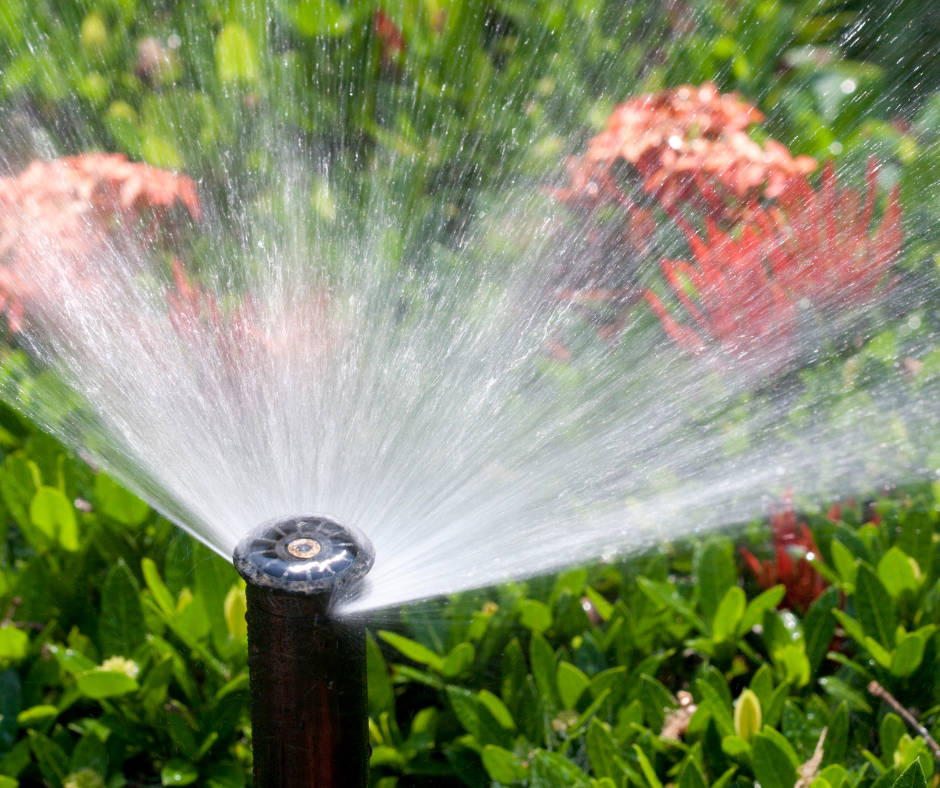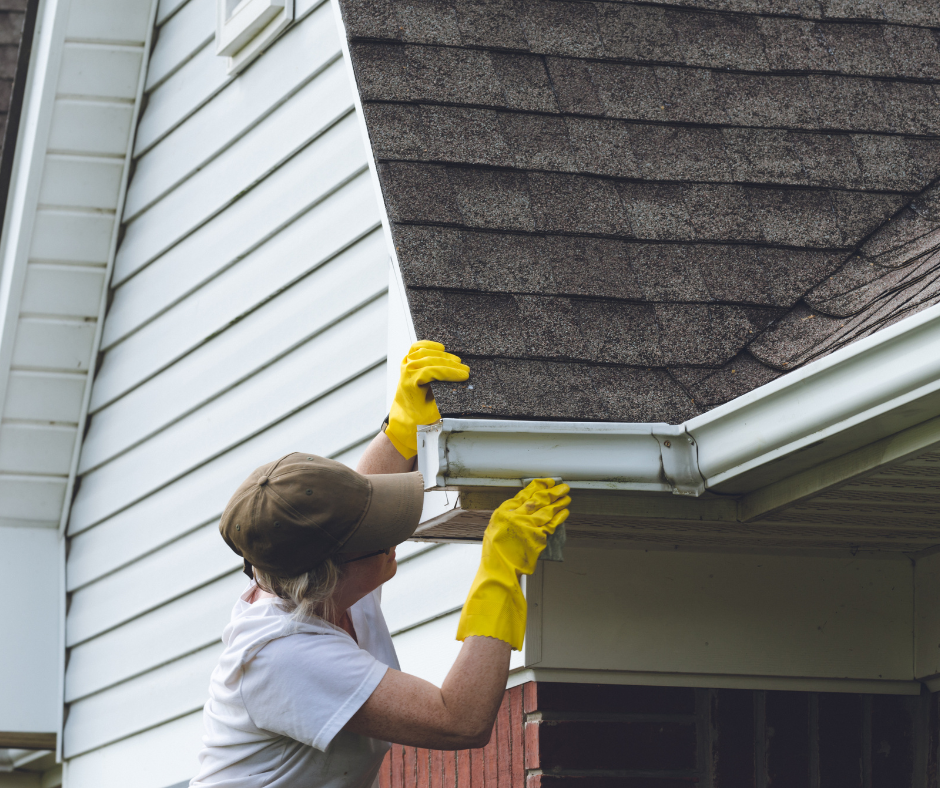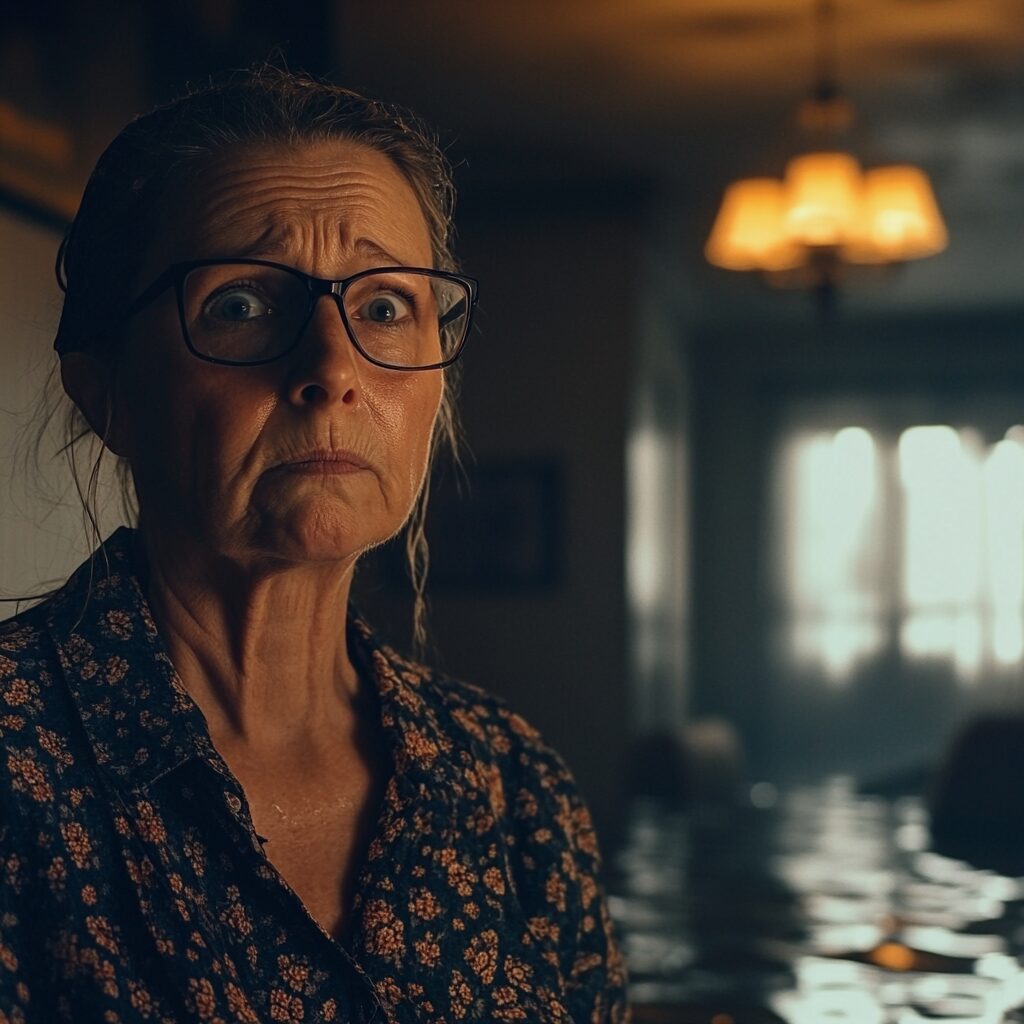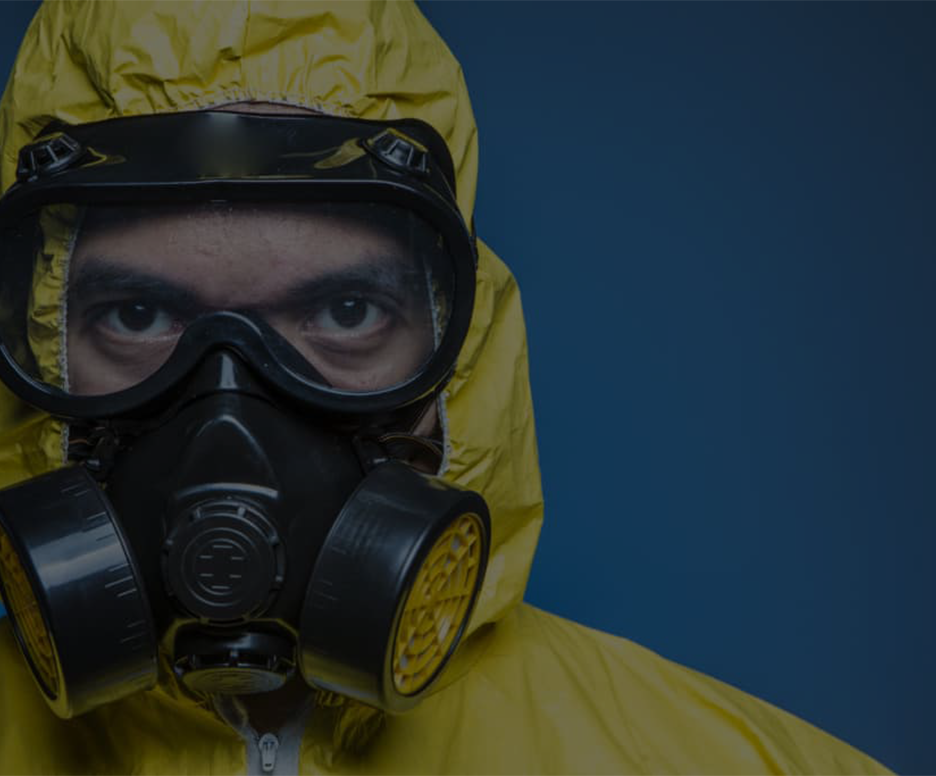
Common Causes Of Water Damage In The Summer
By: 911 Water Damage Experts
When you are a homeowner and you are living in a climate that is considered colder, it is normal that you should expect a risk of a bursting pipe or any other type of water damage.
But when you are a homeowner that lives in a warmer climate nobody prepares you for the possibility of water damage.
It seems that people are unaware of the fact that the water damage does not pick seasons and it can happen anytime.
This is why it is advised for all homeowners to take the initiative and inspect their homes regularly, just in case something like this happens.
Preventing a problem that potentially can turn into an even bigger issue is strongly advised.
Since various types of water damage can happen to a home, especially during the summer, you should be aware of how to protect yourself and your home, and how to prevent them from ever happening again.
Let’s get right into it.
Overflow Of An AC
During the summer, the AC can easily become the source of overflowing.
The thing you need to focus on here is the condensation that happens while you are trying to cool down your home during those hot summer days.
Even if the AC is operating perfectly fine, the excess condensation can easily lead to mould, leaking, and damaging the inside of your home.
The same thing goes for the window unit too.
You need to make sure that the drainage pipe is clearly on the outside and that the condensation can’t do much harm to the home.
Clean out the drain lines thoroughly every year and make sure the water flows without any obstacles.
You can either do the cleaning yourself or call a professional.
Home Irrigation System
Summer is that time of the year when everyone tries to maintain the freshness of their lawn, keeping it in tip-top shape.
The home irrigation system can be a good decision to make if you are living in an area where there is not much rain and any extra drop of water can help.
However, as useful as you may find these systems to be, there can always be an issue with the water.
Make sure to avoid aiming the sprinklers directly at your home as the water can easily get into the basement and do some irreparable damage (if not stopped in time).
Examine the pipes and the sprinklers for any leaks before starting to use them each summer.
If you happen to notice damage, then make sure to contact a professional immediately.
Too Much Heat
Not enough rain can easily lead to extremely dry soil.
Once the soil dries out, it means it leaves the pipes plenty of room to wiggle and shift.
This can be a very bad situation, especially if you have old pipes, they can become easily damaged and lead to the water seeping into the foundation of the home.
Pipes That Are Rusty/Damaged
Just as everything else in a home, it can last as long as it can, but it will begin withering over time.
The same goes for the pipes.
If you have some old pipes, especially if they are rusty, can lead to them bursting and doing some water damage all around.
Make sure to have the pipes inspected before the start of every summer season, mostly because they tend to shrink in cold, and expand in hot weather.
Pipes That Are Clogged
Sewage pipes are always a risk you should consider when it comes to water damage.
There are higher chances of having these pipes being clogged than any other pipe in the house being damaged.
However, that does not mean the other pipes in the house should be excluded from any type of inspection.
Sump Pumps
Make sure your sump pumps are working at an optimal level if you want to make sure that there will be no water damage in your home.
The outlet, motor, and float of the sump pump should be regularly inspected.
Also, make sure that it is pointing away from your home.
How To Prevent Water Damage In The Home?
It is important to protect your home, not just because of your health, but because of all the investments, you have put toward it.
Preventing any water damage in summer is one of the ways to do that.
Below we highlight easy yet powerful tips on how you can prevent summer water damage.
Clean Your Roof Gutters
If there is some heavy rain, and your roof gutters are extremely clogged, then you might guess what the result would be. The water will start building up and it will lead to spilling right into the foundation of your home, all the way down to the basement.
This is why you should take the time and clean your gutters this summer, and if you are unable to do that, call up some professionals and have them do the work.
Check Your Water Bill
You need to be aware that most of the pipes in the home and around it are hidden, mostly underneath the floors.
So if a leak occurs, you will not be aware of it until it is too late to do a localized fix.
This is why the best way to make sure there are no leaks around the house is to keep a close eye on the water bill, and if you notice that it is higher than it usually is, then you might want to consider checking your pipes for any damage.
Test The Sump Pump
Make sure you have this bit of equipment checked, either by a professional or just do it yourself.
If you want to be sure there are no clogs, test it during stormy weather.
If You Have Any Water Leaks
Even if it seems like a harmless leak in the kitchen, it is something that has to be fixed immediately.
Many owners leave the leak as it is and do not do anything about it.
It will not only cause slipping problems, but it can lead to a lot bigger problems that’ll be more expensive to fix.
This is why it is best to fix the leak as soon as you notice it.
Before Leaving For Your Vacation
Before leaving for a vacation, make sure to lock all the doors and windows.
If you are leaving for a longer time, then make sure to shut off the gas to the water heater.
Top 10 Tips When You Spot Water Damage
Act Fast — Time Is Critical
Water damage worsens with every passing hour, seeping deeper into walls, floors, and belongings. Calling a professional water damage restoration company before you call your insurance company right away can mean the difference between a minor repair and a full home gut-job.
Shut Off the Water Source
If it’s safe, locate and close the nearest water shutoff valve to immediately stop the flow. Every second that water keeps pouring in means more damage, higher repair costs, and greater health risks.
Prioritize Safety First
Flooded areas can hide live electrical wires, weakened structures, or contaminated water, making them dangerous to enter. Always wait for professional clearance if you’re unsure whether the area is safe.
Document the Damage
Before moving or cleaning anything, take comprehensive photos and videos of all affected rooms and belongings. Good documentation not only strengthens your insurance claim but can also serve as proof for future resale or repairs.
Contact Your Insurance Company
Reach out to your insurer immediately to start the claims process and clarify your coverage for water damage services. Early notification can also help you avoid any accidental violations of your policy terms.
Choose Certified Restoration Professionals
Hiring an IICRC-certified company ensures you’re working with technicians trained in the latest drying, cleaning, and restoration standards. Certification also signals that the company carries proper insurance and follows strict safety protocols.
Get a Clear, Written Estimate
Ask for a detailed, written estimate that outlines labour, materials, timelines, and potential add-ons before any work begins. A clear contract protects you from hidden costs and future billing surprises.
Ask About Equipment and Techniques
Professional-grade dehumidifiers, high-velocity air movers, moisture meters, and extraction vacuums are essential for complete water removal. Make sure your restoration company uses cutting-edge equipment to fully dry hidden spaces like subfloors and wall cavities.
Don’t Delay Mould Prevention Steps
Mould spores can take hold within 24 to 48 hours of water exposure, leading to health risks and expensive remediation. A good water damage company will immediately apply antimicrobials and monitor moisture levels to stop mould before it spreads.
Save All Receipts and Reports
Keep copies of every receipt, invoice, and technician report related to the cleanup and repairs. These documents are critical for insurance claims, tax deductions (in some cases), and protecting your home’s future value.
FAQs
1. What are the most common causes of water damage during the summer?
Heavy rainstorms, flash flooding, clogged gutters, air conditioner leaks, and plumbing failures are the biggest culprits. Even summer activities like watering gardens excessively can contribute to water damage around the home.
2. How does heavy rainfall cause water damage in the summer?
Sudden, intense downpours can overwhelm drainage systems and lead to basement flooding, roof leaks, and foundation seepage. Without proper waterproofing, even a short storm can cause significant damage.
3. Can air conditioners really cause water damage?
Yes! If your AC unit’s condensation drain line gets clogged or overflows, it can leak water inside walls, ceilings, or near your HVAC system, often going unnoticed until serious damage has occurred.
4. Why are clogged gutters a bigger problem in the summer?
Summer storms combined with debris buildup can block gutters, forcing rainwater to spill over and pool near your foundation. This increases the risk of basement leaks, foundation cracks, and erosion around your home.
5. How does poor landscaping lead to summer water damage?
Improper grading, overwatering, or poor drainage in your yard can funnel water toward your house instead of away from it. This extra water can seep into basements and crawl spaces over time.
6. Are plumbing leaks more common in the summer?
Yes, plumbing systems often face extra stress in summer from higher household water use (think sprinklers, pools, and gardens). Cracked hoses, loose fittings, or old pipes can start leaking when pushed harder.
7. Can sprinkler systems cause water damage?
Definitely. Misaligned or broken sprinkler heads can spray directly onto your home’s walls or foundation, saturating the soil and leading to foundation leaks or siding rot.
8. What role do roof problems play in summer water damage?
High summer heat can crack or warp roofing materials, making roofs more vulnerable to leaks during summer storms. Even a small breach can let rainwater in and cause costly ceiling and attic damage.
9. How can sewer backups happen more often in the summer?
Heavy rain can overwhelm city sewer systems, leading to backups into homes, especially in low-lying areas. Sewer water is hazardous and requires immediate professional cleanup.
10. What preventive steps can homeowners take to avoid summer water damage?
Inspect and clean gutters, check your AC system for leaks, monitor outdoor water use, fix any plumbing issues early, and ensure proper grading around your home. Proactive maintenance before the peak of summer can save thousands in repairs.
If you have any questions about water damage and water damage restoration feel free to call us at 1-833-WE-DRY-IT or chat with us in near real-time on our Facebook fan page.
Related Posts
Mould Removal Restoration Articles
5 Signs You Have Mould Growing In Your Walls
“Can I Remove Mould Myself?” Our Mould Removal Experts Have Answers
7 Must-Know Reasons Why You Should Get A Mould Inspection Before Buying A House
Does Mould Attract Bugs? Yes And Here’s What Kind And Why
How To Remove Mould From The Attic [Mould Prevention Tips Inside]
How Rain Causes Mould Growth-Prevention Tips Included
Must-Know Tips: How To Remove Mould In Your Basement
Water Damage Restoration Articles
What you can expect from a fire damage restoration company
Water damage prevention tips from the most common problems we’ve seen
Top causes of water damage in commercial buildings and how to find them
Must-know water damage tips: What to do after your house floods
What does good water damage restoration look like?
DIY water damage restoration and the hidden dangers
How to choose the right water damage company
Flast floods: What to do before, during and after a flash flood
What to do when your attic leaks?
Fire Damage Restoration Articles
How to clean up after a house fire
Fire damage restoration checklist
Fire damage tips: 6 hazards property owners miss
How smoke from fires can negatively affect your health
What are the most common causes of house fires?
10 helpful smoke damage cleaning tips
Related Water Damage Services
Fire damage restoration services
Water damage restoration services
Emergency cleanup services
Mould removal services
Weather damage services




